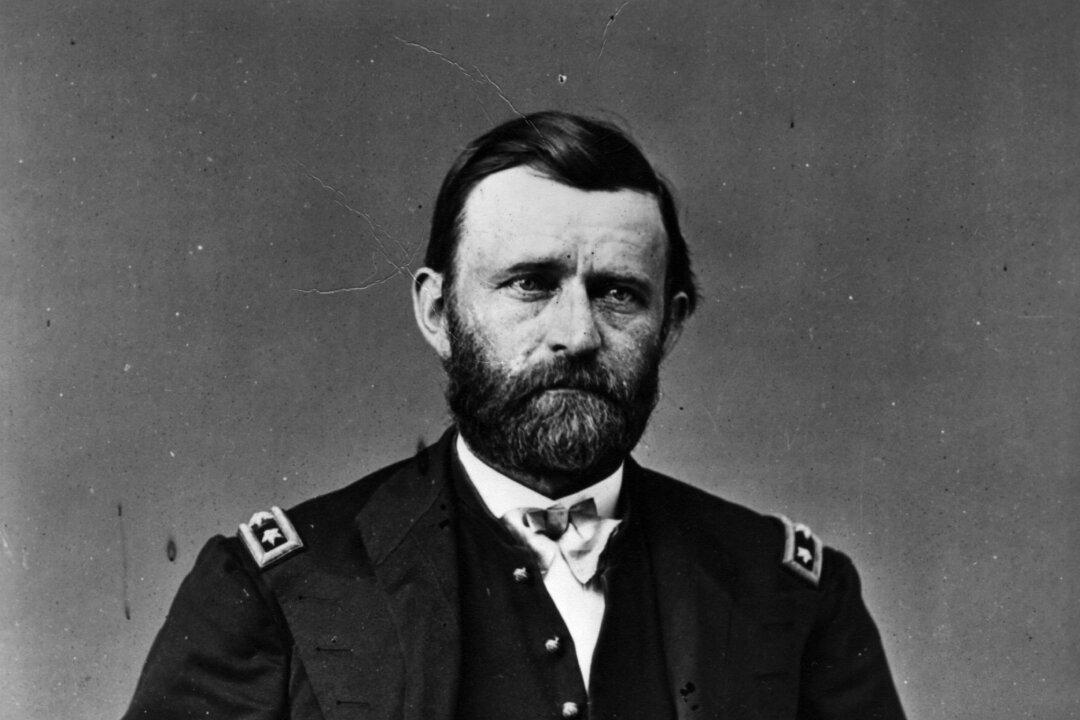Commentary
More than 150 years after he led the Union Army to victory in the Civil War, Ulysses S. Grant may receive another military promotion.

More than 150 years after he led the Union Army to victory in the Civil War, Ulysses S. Grant may receive another military promotion.